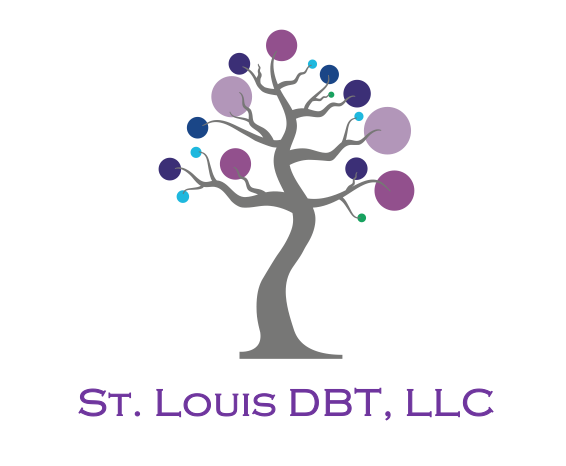St. Louis DBT offers supportive programming for caretakers of children with intense emotions and behaviors
Highly emotional kids are what we call “Super Sensors”. They react quickly, feel things intensely, and have difficulties landing back on solid ground after an epsiode of strong emotions.
Parents of Super Sensors need to be Super Parents, but none of us are born with a super parent cape. We need support and training to become what our Super Sensor kids need from us. There is no shame in that.
The best way to teach our children that there is always room to grow and improve is to model that growth. In this program, parents learn and practice skills for creating an environment that fosters growth and change for all family members.
Preparing for Take-Off: A Class for Parents and Caretakers with Emotionally Dysregulated Children
Next class is now registering. Start date is TBD. Classes are held on Wednesdays from 12pm-1pm and meets virtually for 8 weeks. Complete the form linked below to get on the waitlist for the next class.
Prepare for Lasting Change and Create a “Change-Ready Environment”
A change-ready environment is one where:
~ Behaviors you want to see are consistently reinforced
~ Behaviors you don't want are understood and the reasons behind them are acknowledged
~ Feelings are validated
~ New skills are learned, modeled, and regularly practiced
Cost of Course
$25 registration fee to reserve your spot and process your registration.
Participants are enrolling in an 8 week course and payment will be collected even if a session is not attended. We offer a 5% discount when the course is paid in full up front.
$50/session for each parent/caretaker attending, or discounted to $380 when paid up front
Your Class Itinerary
This class is virtual via Zoom. A private link will be provided prior to session start date.
Pilots, Get to Know your Craft: Understanding yourself and what it takes to change a behavior
Long before take-off, astronauts learn the ins and outs of how their spacecraft operates. In this session, we cover how you and your child operate. What fuels you both? What propels you both? Why are we built the way we are?
Safety Check: Managing Crisis Behaviors
Astronauts always prepare for the worst by determining the warning signs of a crisis and creating a plan for dealing with the crisis. In this session, parents and caretakers will learn how to identify distress before it becomes a full blown crisis in themselves and their kiddo, as well as how to handle their child when a crisis occurs.
Fine Tune Your Radar System: Decreasing Impulsivity
A good flight crew is focused and aware of themselves and their surroundings at all times. In this session, we talk about the importance of being in the present moment using the power of mindfulness and attention.
Check Your Cabin Pressure: Validation
A regulated aircraft keeps a precise cabin pressure. Validation is as important to regulating emotions as air is to any human. Validation, therefore, is the “air in the room”. In this session, we talk about what to validate and what not to validate.
Check your Gauges: Keeping the wanted behaviors around
An aircraft’s gauges inform the pilot that they are going in the right direction. Your child also needs that information to stay motivated and progressing. In this session, we will talk about how to create a reinforcement program for your child so they know what is expected of them and if they are accomplishing the goals you set. We also discuss how to stay consistent with it even when your own tolerance is waning.
Fuel up/Comms Check: Understanding Emotions and Communication
Your craft needs fuel to accelerate. Emotions are “people fuel”. They move us, motivate us, animate us, and yes, they can burn us. In this session, learn ways to help you and your child better understand their emotions. When we understand emotions, we have a better chance of choosing effective corresponding behaviors. Your craft also requires more than one person knowing the itinerary of your journey. You need to be able to communicate with one another in order to create change and reach goals. In this session, we will uncover cracks in communication and learn ways of repairing those broken connections.


